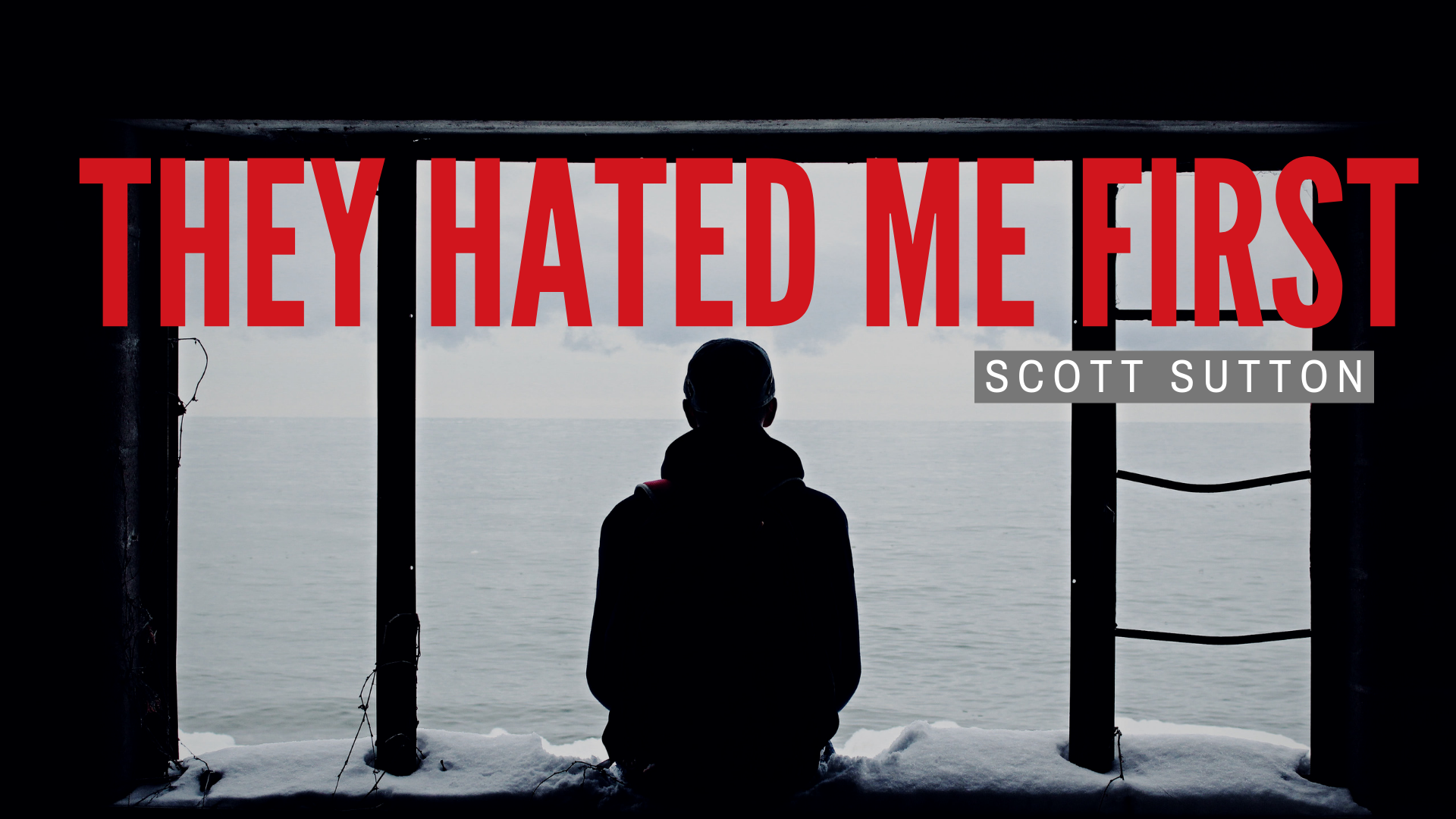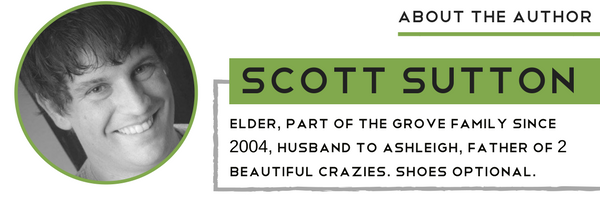
by Scott Sutton
I was speaking to a friend of mine recently about Jesus’ words to his disciples in John 15. Specifically, verse 18. He explained that, as an African-American male, he takes special comfort in this verse when he is confronted by racism of all forms – overt, implied, and systemic. I’ll be honest – my initial inclination was to respectfully correct him that Jesus was specifically talking about the persecution that his disciples would face due to their faith, not due to their race. But thankfully I instead kept my mouth shut and followed the conversation wherever it needed to go. And I’m so glad that I did.
Over the course of the conversation we talked about how hatred of all forms comes from the same root and that the hate Jesus endured over the course of his life and in his final hours took on many forms as well – religious, racist, nationalist, classist, and just the generic hatred that all people feel toward others. So we can be sure that whatever kind of hatred we receive from others or project onto others was experienced by Jesus as well.
Although our conversation didn’t quite get into this, after our conversation I spent some time pondering the root of this hatred that takes on many forms. In perhaps the oldest book of the Bible, the book of Job, God converses with a being named The Accuser, who is seeking a reason for God to accuse a prosperous, God-loving man named Job. The Accuser sought to drive a wedge between God and Job, to sow hatred, resentment, and condemnation. The commonly accepted understanding of The Accuser is that this is the same being who is later in the Bible referred to as Satan. And much of Satan’s work described throughout the Bible is the work of stirring up hatred by sowing accusations between God and man, man and man, and man and himself.
And isn’t Accusation at the root of hatred?
One race accuses another race. One driver accuses another driver. One nation accuses another nation. The accusation may be a wrongdoing or some other threat. Most of the time it is temporary, arbitrary, or easily resolved. The only thing standing in the way of bringing reconciliation to an accusation is pride – either the pride of the accuser or of the one being accused, usually both.
So, to bring all of this full circle, it is accusation which breeds hatred in our world. And our American culture seems especially prone to accusation and hatred these days, finding newer and increasingly creative ways to draw accusations between people and groups of people. I see Christians getting pulled into the world’s game all the time – accusing and hating. Even I feel its gravity.
But the redemptive work of Christ on the cross overcomes the destructive work of the Accuser. So we are left with one response: to understand that every single one of us stands accused and guilty in the eyes of God; but that God’s response was to take the accusation and guilt upon himself to forgive and reconcile us to him. This is our template. This is our model. Whatever hatred we see and experience is in the template of the Accuser who hated Jesus long before it hated us or the people around us.
Wherever we see the Accuser at work in our world sowing accusations and hatred of any sort – no matter how significant or minor – Christians must lean into that gap with love and reconciliation. This is our hope, our gospel. We love others the same way in which we have been loved. This means that when we see sin in ourselves, in one another, in our culture, we seek neither to take partisan sides nor to join the rabble of accusation hurling, but to stand in the middle with God’s good news of reconciliation and fullness. In doing so, hatred may come upon us, too.
So, look at your life: Where have you taken sides? Where have you been an accuser? Where do you need God to show you a new way – the way of reconciliation? Where do you find yourself on the receiving end of accusation and hatred? Remember that Jesus was hated this way long before you were and he chose the path of reconciliation nevertheless.


